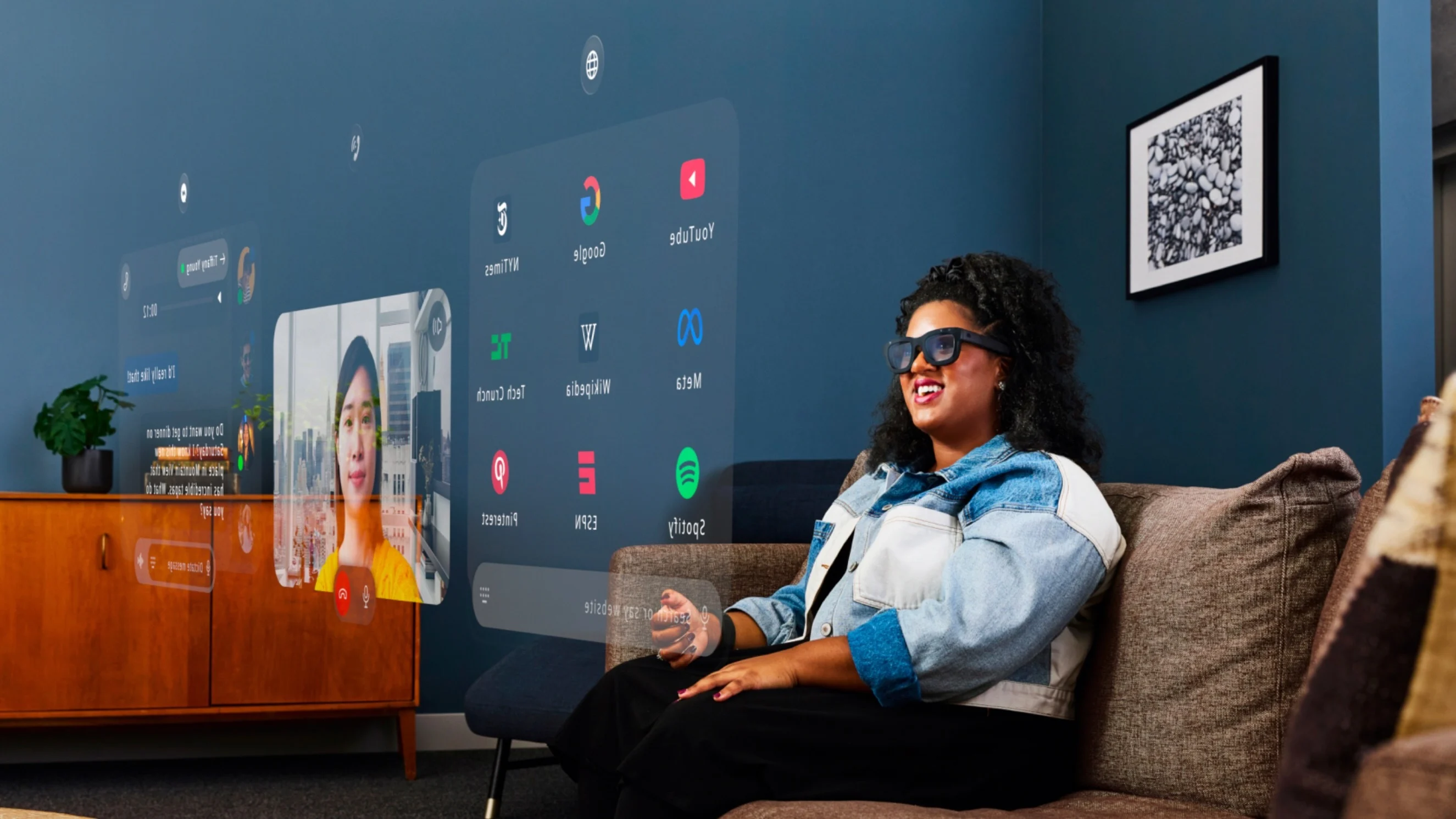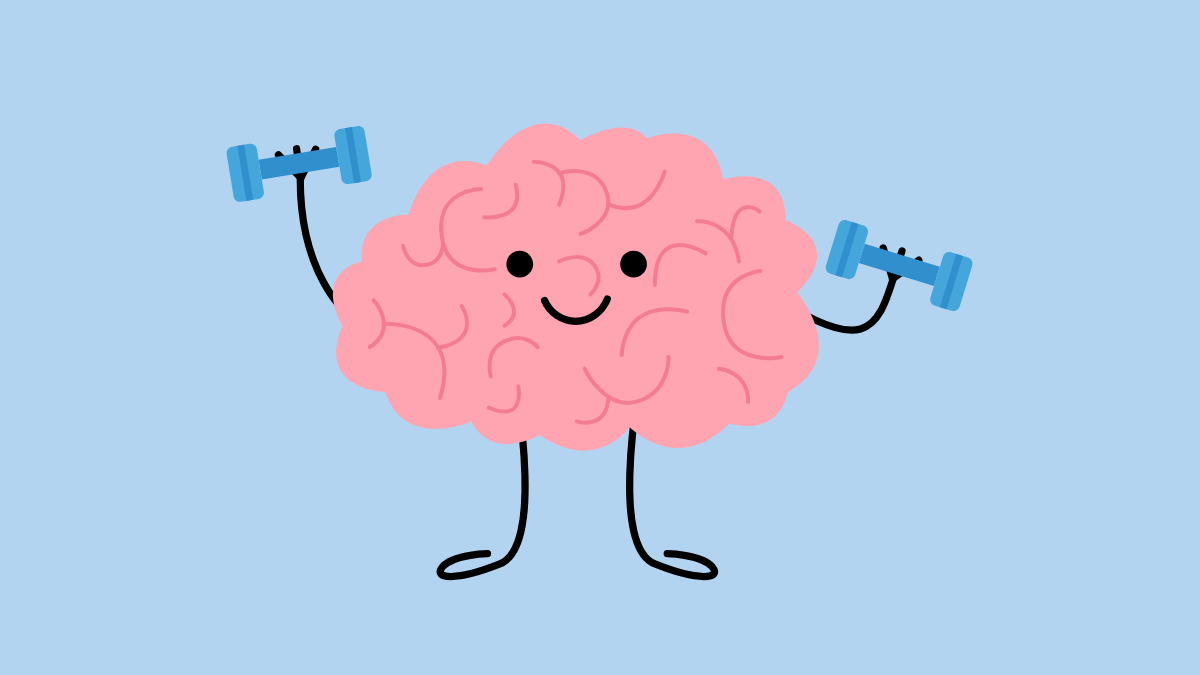The Vision of a Connected World
Mark Zuckerberg has long envisioned a world where technology seamlessly integrates with human life, creating an interconnected digital realm. This vision isn't just about advanced gadgets; it's about transforming how we interact, communicate, and experience the world. Meta's latest products reflect this ambition, aiming to fuse the digital and physical worlds in unprecedented ways.
A New Era of Virtual Reality: Quest 3S
Redefining VR Accessibility
One of the highlights of Meta's recent event was the introduction of the Quest 3S, an updated and more affordable version of its virtual reality headset. This new iteration aims to make VR more accessible to a broader audience, breaking down financial barriers that have historically limited its adoption.
Enhanced User Experience
The Quest 3S boasts several enhancements over its predecessor. It offers higher resolution displays, improved comfort, and extended battery life, ensuring users have a more immersive and enjoyable experience. By addressing these critical aspects, Meta hopes to attract both new users and VR enthusiasts who seek better performance.
Holographic Glasses: A Glimpse into the Future
Prototype Glasses with Holographic Technology
Meta also unveiled a pair of prototype glasses featuring holographic technology integrated into the lenses. These glasses are not just a technological marvel; they represent a significant step towards a future where augmented reality (AR) becomes a part of everyday life.
Real-World Applications
The potential applications for these glasses are vast. From live translations in multiple languages to assisting individuals with vision impairments, the possibilities are endless. By partnering with companies like Be My Eyes, Meta is also focusing on making technology inclusive and beneficial for all users.
Meta AI: Celebrity Voices and Intelligent Assistance
A Star-Studded AI Assistant
Meta's artificial intelligence assistant, Meta AI, received notable upgrades, including the incorporation of celebrity voices like Awkwafina, John Cena, and Dame Judi Dench. This feature aims to make interactions more engaging and personalized, enhancing user experience across Meta’s suite of apps such as Instagram, WhatsApp, Messenger, and Facebook.
Widespread Adoption
The AI assistant is already a hit, with over 400 million people having used Meta AI, and nearly 200 million engaging with it weekly. These numbers highlight the growing reliance on AI for everyday tasks and communication, reinforcing Meta's decision to invest heavily in this technology.
Risks and Rewards: A Balancing Act
AI-Generated Posts: A Double-Edged Sword
One of Meta's most controversial moves is the introduction of AI-generated posts in users' Facebook and Instagram feeds. While this innovation could personalize user experiences, it also risks alienating those who prefer authentic content. The challenge lies in striking a balance between enhancing user engagement and maintaining authenticity.
Lessons Learned
Not all of Meta's AI ventures have been successful. The company recently discontinued a product that allowed users to interact with celebrity chatbots. Despite the initial excitement, the product failed to gain traction, underscoring the unpredictable nature of technology adoption.
Smart Glasses: A Partnership with EssilorLuxottica
Leveraging Industry Expertise
Meta is betting heavily on its partnership with EssilorLuxottica, the world’s largest eyewear conglomerate, to propel its smart glasses into the mainstream. This collaboration combines Meta's technological prowess with EssilorLuxottica's expertise in eyewear, promising a product that is both cutting-edge and stylish.
Innovative Features
The new smart glasses come packed with features like live translation and AI-driven audio descriptions for the visually impaired. These innovations not only enhance usability but also demonstrate Meta's commitment to creating technology that improves lives.
Project Orion: The Next Frontier
Beyond Ray-Ban
Project Orion represents Meta's most ambitious venture yet. This new line of smart glasses goes beyond the existing Ray-Ban models by embedding digital technology directly into the lenses. The goal is to create a device that can potentially replace smartphones, offering a hands-free, voice-controlled interface.
A Vision for the Future
Zuckerberg envisions a future where these glasses become the primary interface for digital interactions. Whether it's having a virtual conversation with a friend as though they were sitting next to you or controlling apps with a flick of the wrist, Project Orion is designed to revolutionize how we use technology.
The Road Ahead: Challenges and Opportunities
Slow Adoption and Skepticism
Despite the excitement surrounding these innovations, user adoption has been relatively slow. Many people are still skeptical about integrating such advanced technology into their daily lives. Meta faces the challenge of not only improving the technology but also convincing the public of its benefits.
Optimism and Persistence
Mark Zuckerberg remains optimistic about the future. He believes that once people experience these new products, they will be more likely to embrace them. This optimism drives Meta's continuous investment in research and development, pushing the boundaries of what is possible.
A Future Worth Pursuing
Meta's recent product launches are a testament to its unwavering commitment to creating a metaverse where the physical and digital worlds coexist harmoniously. While there are risks and challenges ahead, the potential rewards are immense. As technology continues to evolve, Meta's vision of a connected world may soon become a reality, transforming how we live, work, and interact.







